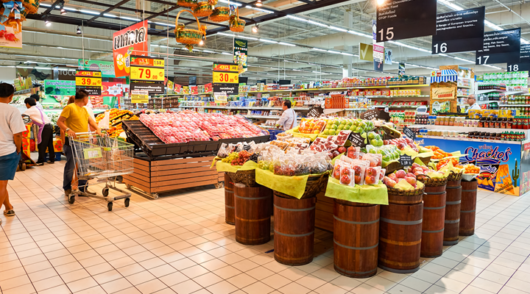
Flight Centre asked full-time staff to consider dropping one day of work a week to help the business offset the impact of coronavirus on the travel sector.
According to The Australian an internal email asked Flight Centre employees to work a four-day week instead of five days with their salary to be cut to match hours worked, and that doing so would make a big difference to the business.
“People are still travelling but it is clear that travel demand will be softer than normal over the next few months, which is why we’re keeping a close eye on costs in the short-term,” Flight Centre spokesperson Hadyn Long told Inside Retail.
“A shorter work week is one of the options that has been made available to our support and sales people over the next couple of months.”
Long said it makes sense for the business to encourage workers to take leave or operate more flexibly in the short-term, which can be ramped back up when demand picks back up.
And Flight Centre does expect demand to pick back up. Though 2003’s SARs outbreak saw travel decline for a four-five month period, Flight Centre saw a strong rebound and expects the same to happen with COVID-19.
“We want to ensure we are ready for that if it happens again this time,” Long said.
Virus hits more than just travel
Flight Centre is far from the only business affected by the impact of the virus, with Australia’s supermarket sector being hit with a wave of panic buying over the last week.
While Woolworths, Coles and Aldi initially made the decision to limit purchases of toilet paper to four packs per transaction, that has since been reduced to one per transaction in an effort to stop the staple from selling out within an hour.
Additionally as health authorities increasingly warn the public off of gathering in public places, research from Nielsen last week revealed that online grocery sales grew over 45 per cent in the last few weeks.
Sales of basic foodstuffs including pasta rose by over 76 per cent, while eggs, canned meals, tea, rice, flour and shelf-stable milk all recorded significant jumps in dollar sales during the four weeks to February 22, compared to the same period last year.
Australia is following in the footsteps of China, the US and Italy, where they have seen significant spikes in the hoarding of essential supplies, Nielsen said.
“The rush to stock up on these goods will have an almost immediate impact on supply chains for manufacturers of the most sought-after goods,” said Bernie Hughes, managing director, Nielsen Connect – Pacific.
“Managing stock levels will be critical as continuous out-of-stocks will result in shoppers store switching to get the products they need; while brand loyalty could be affected as shoppers are forced to select items outside of their usual repertoire or manage their household budget to sacrifice impulse spending and non-essential items.”





